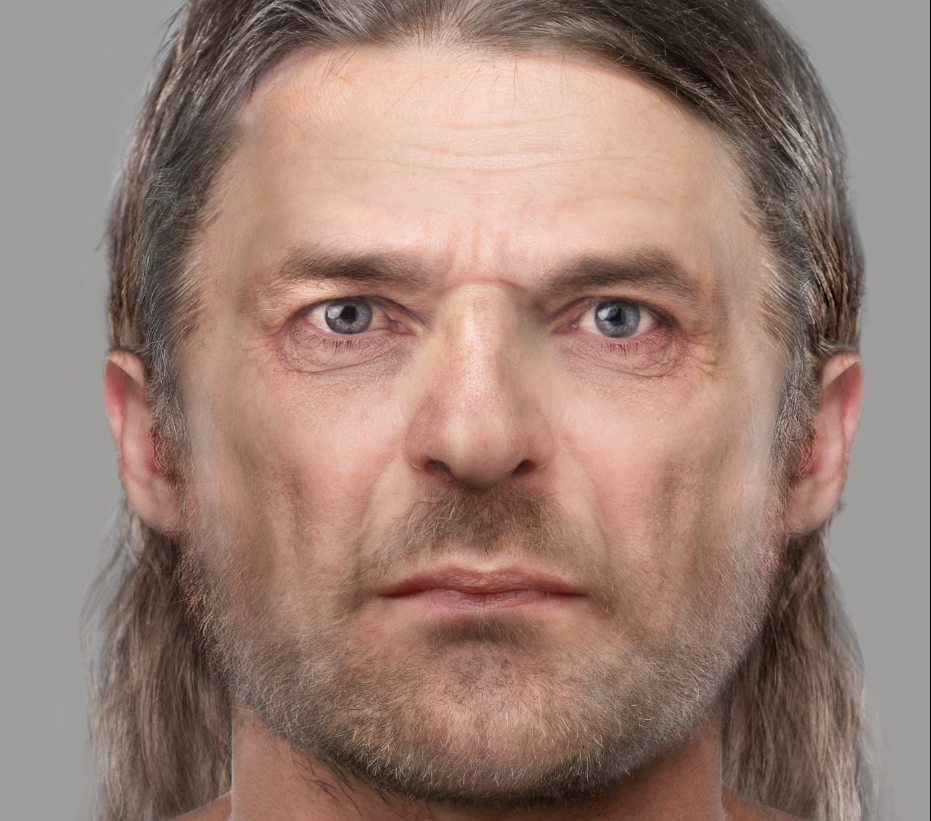Amateur archaeologists are being invited to help uncover more clues to the life of a Perthshire Pict.
A certain amount has already been learned about a skelton unearthed at Bridge of Tilt – including how he may have looked thanks to a facial reconstruction – but archaeologists believe more secrets remain buried in the area.
It was in 1986 that the long cist burial was discovered near Blair Atholl containing the skeleton of a man who had died in his 40s.
Analysis of his bones suggested that he was used to hard work and the burial was dated to AD 340-615, one of the earliest Pictish graves found so far.
Archaeologists believe there is more to be discovered and over the last two years local volunteers have undertaken geophysical surveys in gardens and open areas around where the burial was found.
This survey has identified a number of anomalies which will be tested by limited excavation.
“You can never tell what evidence might be found in an investigation of this kind but the more people willing to help, the more likely we are to find something,” said Bob Will of Guard Archaeology.
The Atholl Country Life Museum will be the base for a three-day investigation led by Guard Archaeology which will focus on areas around where the skeleton was discovered.
Anyone interested in helping will be welcome and should go to the Atholl Country Life Museum in Blair Atholl. The dig will start at 10am on Friday August 18 and continue over the weekend to August 21.
“Volunteers are welcome to come on any, part or all of these days and archaeologists will be on hand to offer guidance to volunteers on historical research, geophysical survey and trial trenching,” said Mr Will. “All equipment will be supplied.”
The facial reconstruction of the man’s face was undertaken by forensic artist Hayley Fisher who attended Duncan of Jordanstone College of Art and Dundee University.
The Atholl Country Life Museum, once the village school, has further information on the skeleton as well as many other exhibits about life over the centuries.
